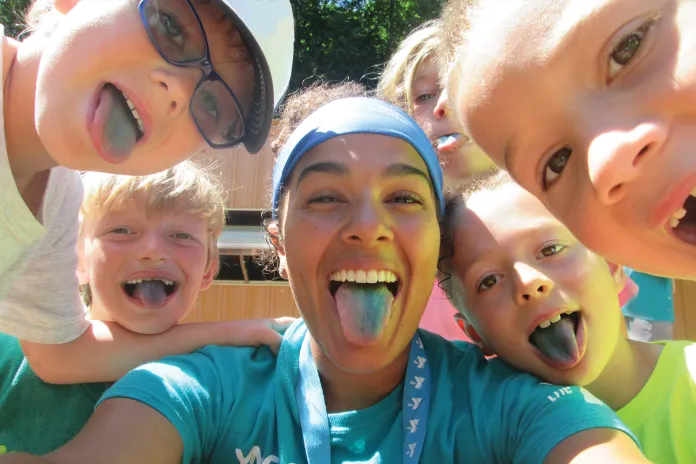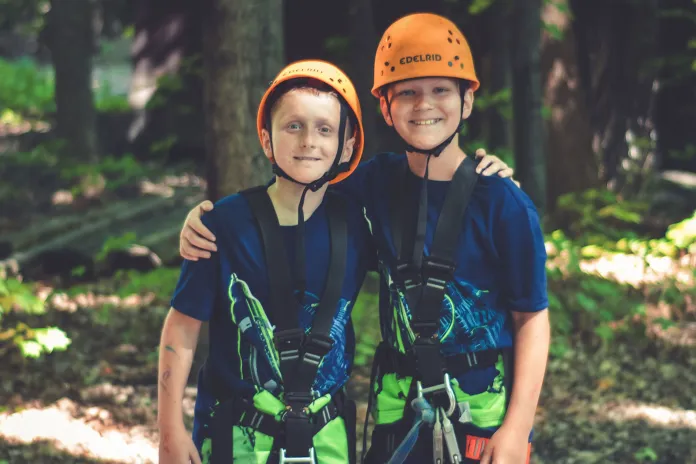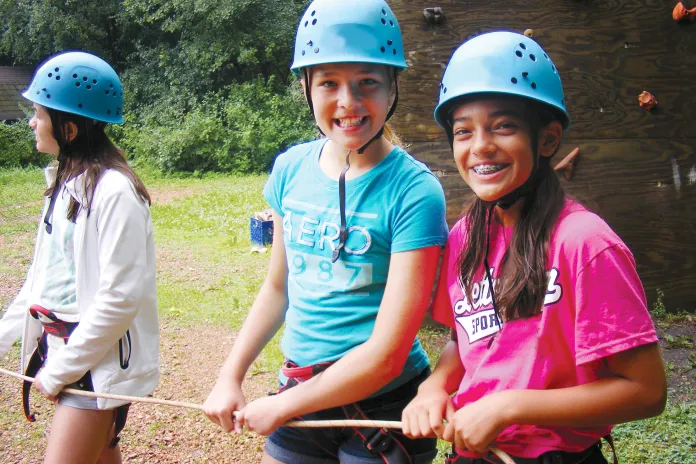What to Expect
Every YMCA Adventure experience is as unique as the child it nurtures, so we created these helpful guides to make parents and guardians feel more confident and excited.






Making adventure more accessible
Everyone deserves access to programs and services that help them reach their full potential. That's why we offer need-based financial assistance to help people participate in our programs regardless of their income.
Here to Help
Have a question or need assistance?
Our customer service team is always happy to help.